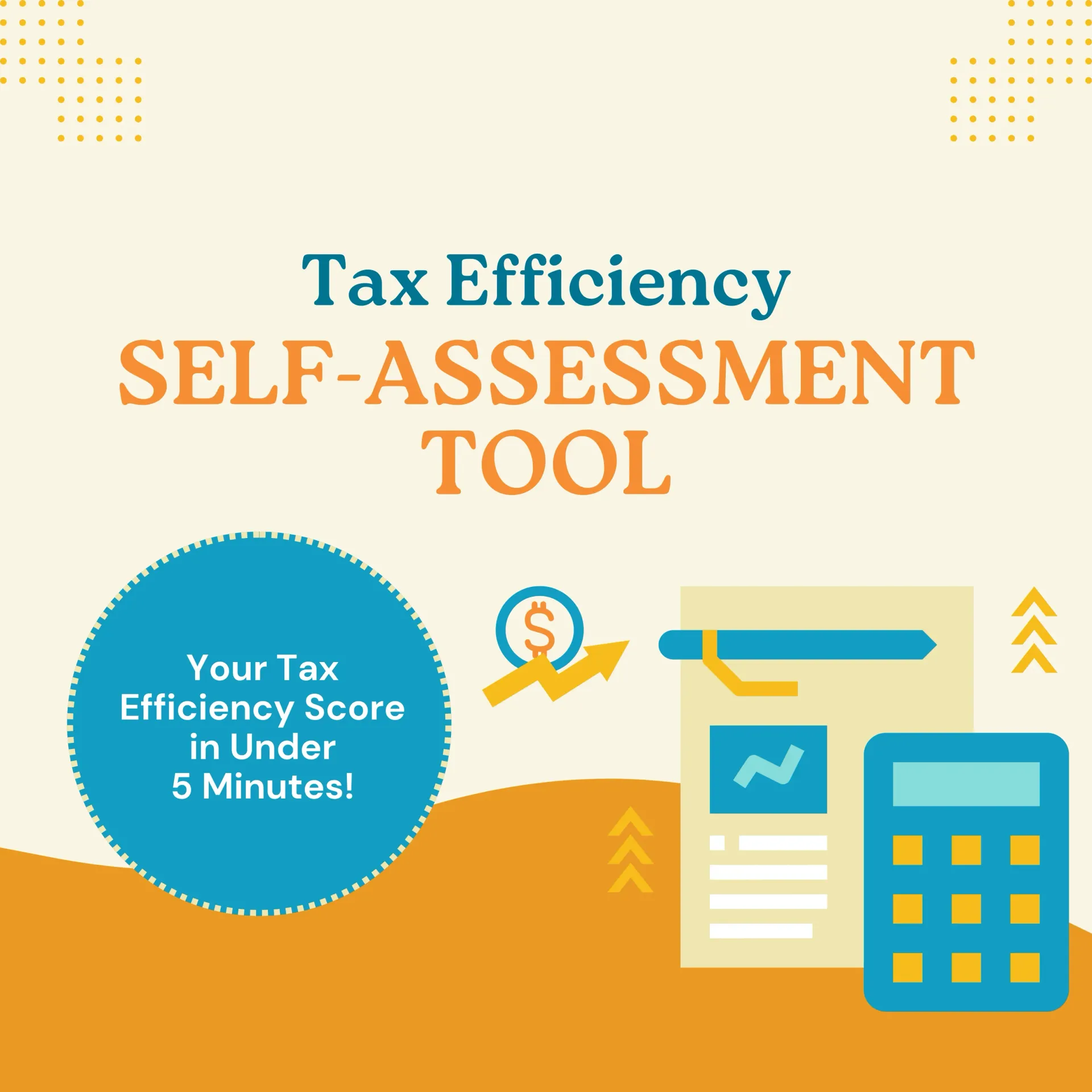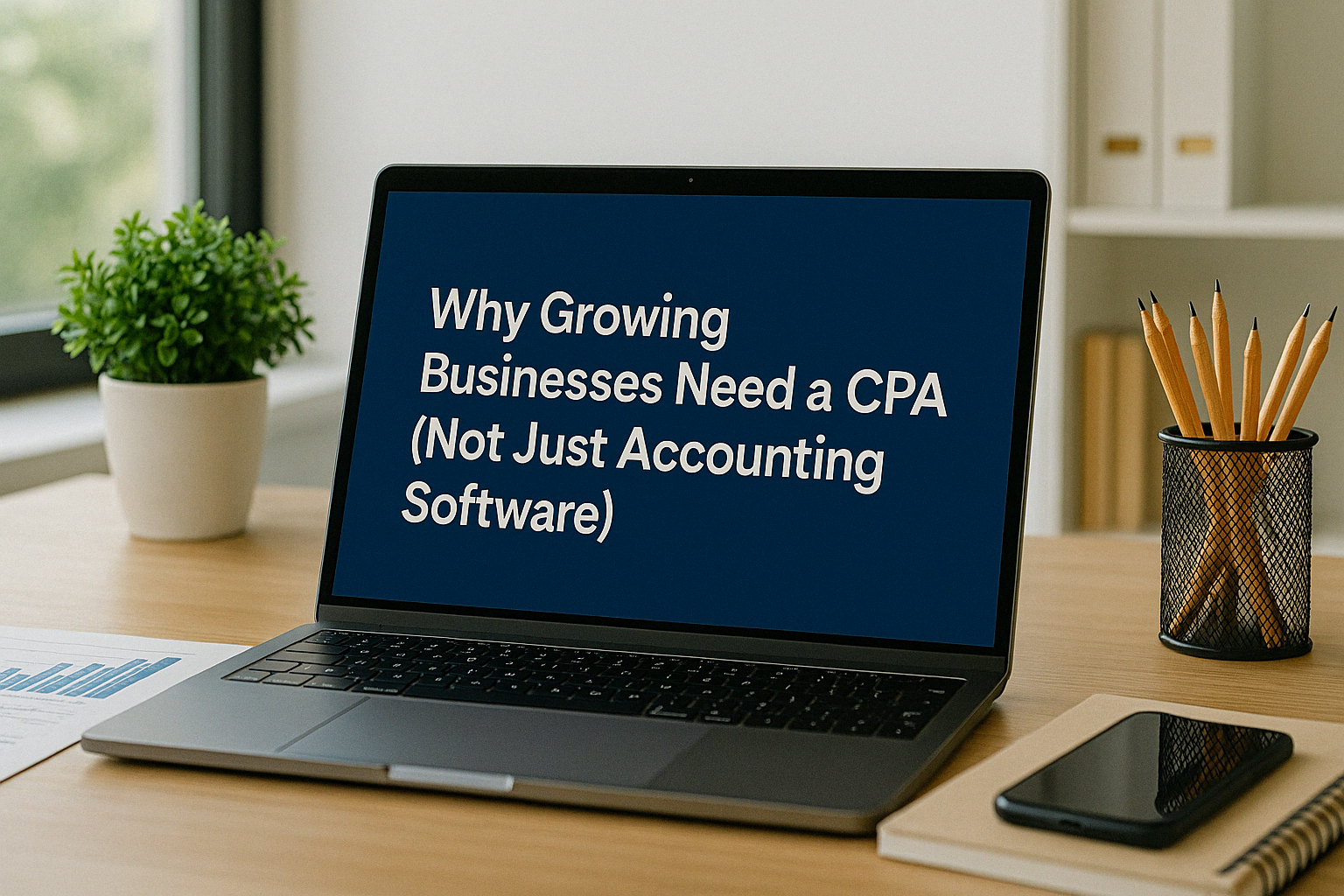How to Organize Your Financial Records for Tax Season

Tax season can be a stressful time for many of us. The thought of gathering all those financial documents and making sense of our yearly transactions can feel overwhelming. But what if I told you there's a way to make this process smoother and even (dare I say it?) enjoyable? Well, maybe "enjoyable" is stretching it, but definitely less stressful. Let's dive into how you can organize your financial records like a pro and breeze through tax season.
Why Bother with Organized Financial Records?
You might be wondering, "Is it really worth the effort to keep my financial records organized all year round?" Trust me, it absolutely is. Here's why:
- It's a huge time-saver. No more frantic searches for that one crucial receipt you swear you kept somewhere.
- Accuracy is your best friend. When everything's in order, you're less likely to make mistakes on your tax return.
- Deductions become a treasure hunt. With organized records, you can easily spot potential deductions and potentially lower your tax bill.
I remember the first time I properly organized my finances. It felt like I'd unlocked a secret level in a video game. Suddenly, everything made sense, and I could see where my money was going. It was oddly satisfying, like finally cleaning out that junk drawer we all have.
Your Step-by-Step Guide to Financial Organization
Alright, let's roll up our sleeves and get into the nitty-gritty of organizing those financial records:
- Gather all your financial documents. Think of it as a scavenger hunt for adults.
- Create categories for your records. Income, expenses, investments - you name it.
- Choose a filing system that works for you. Whether it's a physical filing cabinet or a digital system, pick something you'll actually use.
- Set a schedule for maintenance. Maybe every Sunday evening with your favorite playlist in the background?
- Secure your records. Treat them like the crown jewels they are.
Embracing Technology: Your New Best Friend
Let's face it, we're living in a digital world, and our financial organization should reflect that. At Straight Talk CPAs, we've seen firsthand how the right tools can transform our clients' financial management processes. Here are some digital solutions we often recommend:
- Cloud storage solutions like Google Drive or Dropbox are great for storing and accessing documents from anywhere.
- Accounting software like QuickBooks or FreshBooks can be game-changers for tracking income and expenses.
- Mobile apps like Expensify or Shoeboxed let you capture receipts on the go. No more stuffing crumpled receipts in your wallet!
Our company offers personalized guidance on selecting and implementing these digital tools. We've seen clients go from drowning in paperwork to effortlessly managing their finances with the right technology. One client told us it was like having a personal financial advisor in their pocket. They were amazed at how easy it became to track expenses and get a clear picture of where their money was going (turns out they were spending way too much on coffee runs, but hey, we've all been there!).
The Devil's in the Details: Why Thorough Documentation Matters
When it comes to financial records, details are everything. It's not just about keeping receipts; it's about painting a complete picture of your financial life. Here's what you need to keep an eye on:
- Income sources: W-2s, 1099s, side hustle earnings - if you made money from it, document it.
- Expenses: Business costs, medical bills, charitable donations - keep those receipts!
- Life events: Got married? Had a baby? These can impact your taxes too.
Think of it like you're telling the story of your financial year. The more details you include, the more compelling (and accurate) your story will be.
Keeping It Up: Year-Round Organization Tips
Organizing your finances isn't a once-a-year sprint; it's a year-round marathon. Here are some tips to keep you on track:
- Set up a system that works for you. Maybe color-coded folders are your thing, or perhaps you prefer everything digital.
- Make it a habit. Set aside some time each month to review and organize your documents.
- Use technology to your advantage. Automate as much as you can to make the process easier.
- Back up your records regularly. Trust me, you'll thank yourself later.
I've made it a habit to spend 30 minutes every Sunday evening going over my finances for the week. It's become a bit of a ritual, and it helps me start the week feeling organized and in control.
When to Call in the Pros
Sometimes, our financial situations can get a bit... complicated. If you find yourself dealing with multiple properties, running a business, or juggling complex investments, it might be time to bring in reinforcements.
A tax professional or CPA can be invaluable in these situations. They can help you navigate tricky tax laws, maximize your deductions, and ensure you're compliant with all regulations. Think of them as your financial superhero, swooping in to save the day (and potentially save you money).
When choosing a professional, look for someone with experience in your specific situation. Ask for referrals, check their qualifications, and don't be afraid to shop around until you find the right fit.
The Long-Term Payoff
Organizing your financial records might seem like a chore now, but trust me, it pays off in the long run. Not only will you breeze through tax season, but you'll also have a clearer picture of your overall financial health. It's like giving yourself a financial check-up every year.
By staying organized and seeking help when you need it, you're setting yourself up for long-term financial success. And who knows? You might even start to enjoy the process. Okay, maybe "enjoy" is still a stretch, but at least you won't dread tax season quite as much.
Remember, good financial organization is a habit, not a one-time event. Start small, be consistent, and before you know it, you'll be a financial organization pro. Your future self (and your accountant) will thank you.
Discover Your Tax Savings Score in Minutes!


Salim is a straight-talking CPA with 30+ years of entrepreneurial and accounting experience. His professional background includes experience as a former Chief Financial Officer and, for the last twenty-five years, as a serial 7-Figure entrepreneur.




